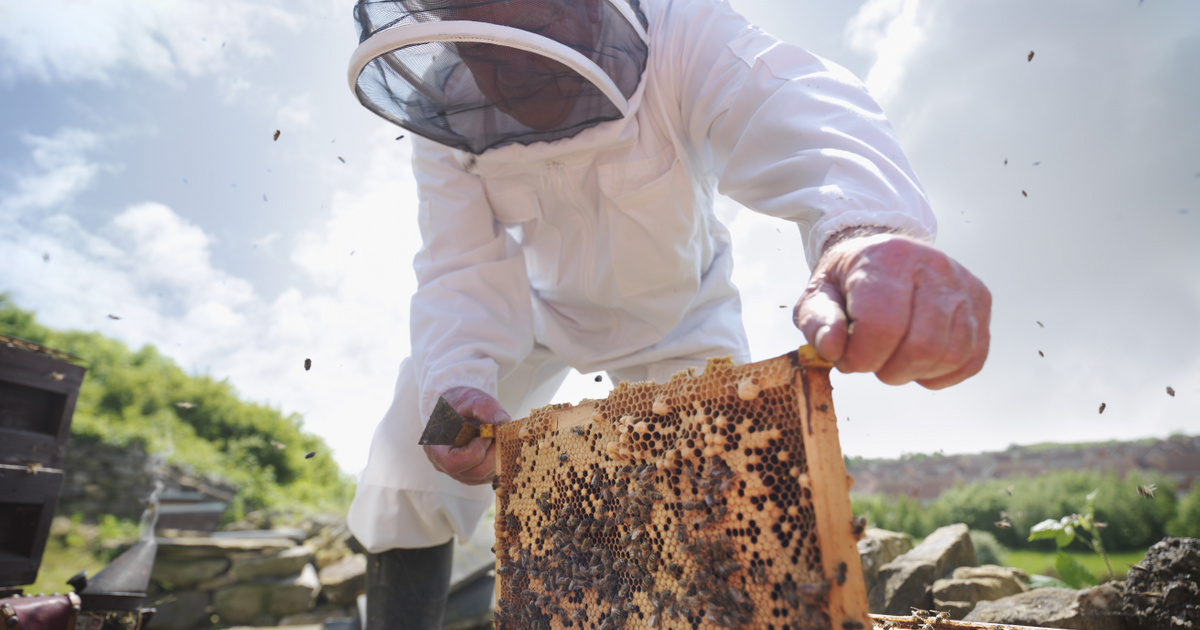An international team of Argentine and Chilean scientists found that electromagnetic radiation from the poles of high-voltage transmission lines disrupts the pollination activity of bees.
Many studies have been done on the effects of high-voltage power lines on plants and animals that live in their immediate environment. The results of these results were not negative in all cases, for example, in the clearings created along the route of pipelines passing through the forests of England, a unique biological community was formed that increased the diversity of the region.
In their latest research, specialists from South America examined the relationship between honey bees and electricity poles. On the one hand, because it is known that bees orient themselves with the electromagnetic sense located in the front of the throat and detect the electromagnetic radiation of flowers. Poles were scanned rather than wired, because they could also scan an active wireless version of them – for comparison.
In the first round, they counted the flowers—they scanned for poppy holes near the power poles, which revealed fewer open poppies near the towers that hold the working wires. In addition, they compared the electromagnetic radiation that could be measured in the vicinity of the pillars.
Bees captured at different distances from the poles were examined and the level of HsP70 of the insects measured – HsP70 shows the level of stress affecting the bees. The result confirmed the hypothesis that bees were more stressed in the electricity pole environment. The hypothesis was also confirmed by laboratory tests: examining 14 bee genes related to orientation, stress and the immune system, it was determined that due to electromagnetic radiation, there was a difference in the expression of 12 genes, so the animal organism reacted sensitively to radiation.
Time and time again in the field, they discovered, the closer a flower is to the high-voltage pole, the less likely it is to be visited by bees.
The researchers’ conclusion is that the electrical grid has a disturbing effect on the pollinating activity of bees, and thus affects the surrounding vegetation. But the wires aren’t the only problem: According to a 2020 study examining Belgian hives, more than three times the energy is absorbed at the frequency of 5G microwave antennas than radio-frequency electromagnetic radiation that heats an insect’s body from the inside.












































